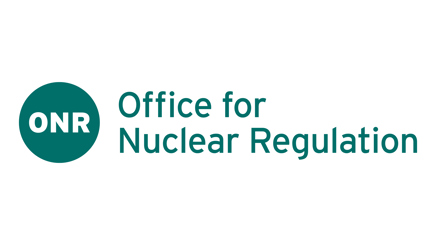Our specialists
Our specialist inspectors provide expertise to inform our regulatory decisions. They support inspectors in other directorates, up to and including our Chief Nuclear Inspector, ensuring we have the skills and knowledge to regulate effectively.
Is this page useful?
Please wait
Thank you for your feedback.
Thank you for your feedback. To help us improve our website we’d like to know more about your visit today. Please provide more details via our website feedback form.
Thank you for providing your feedback.
